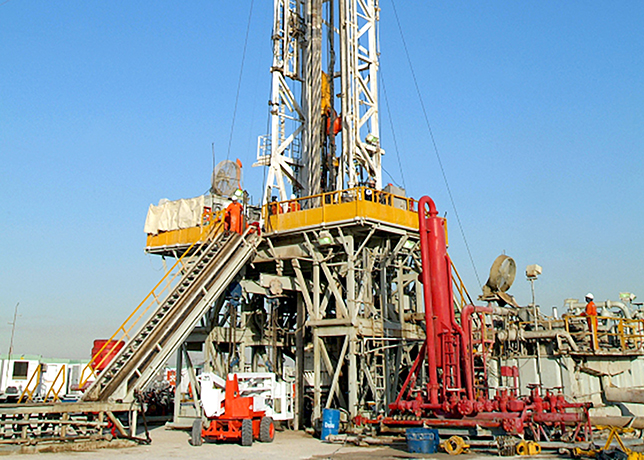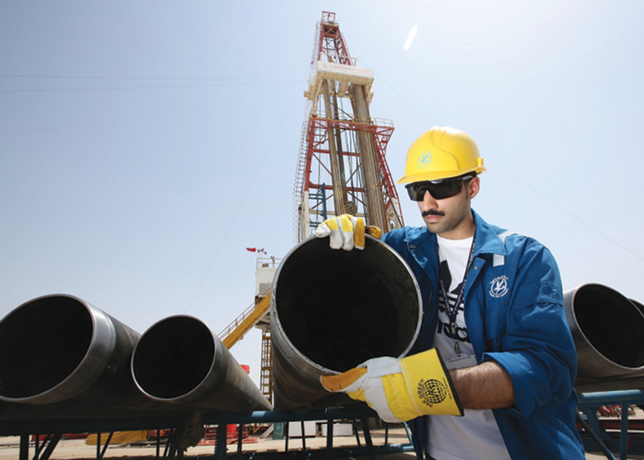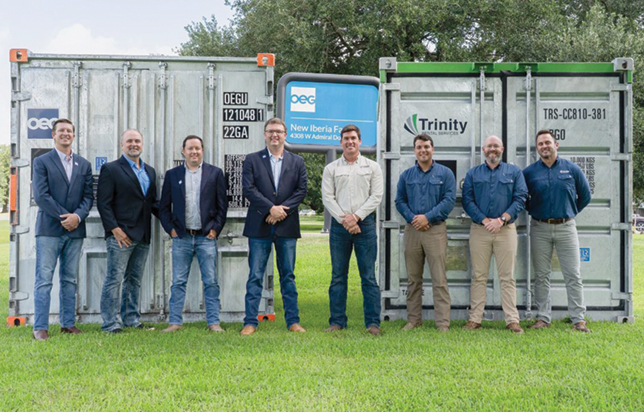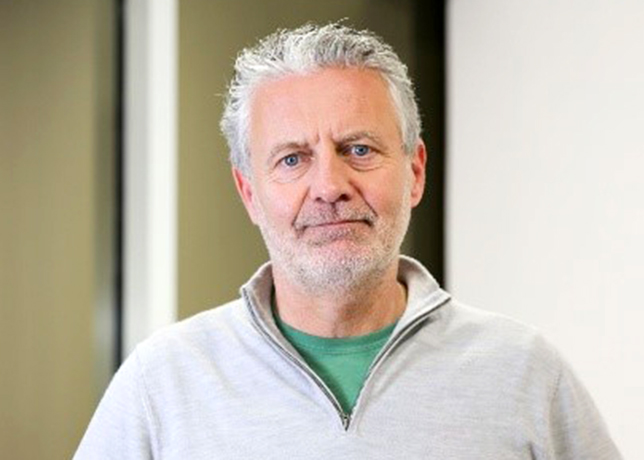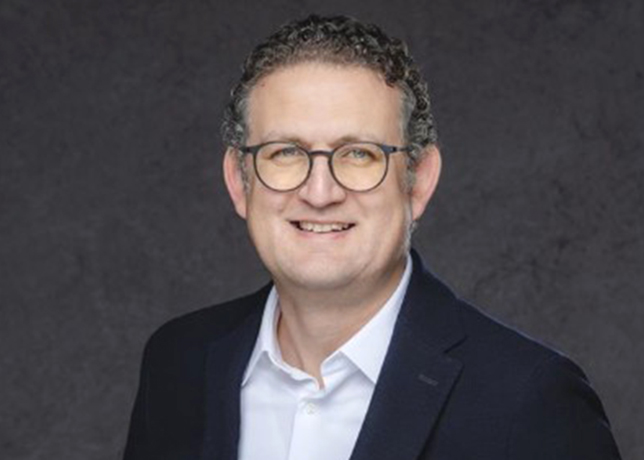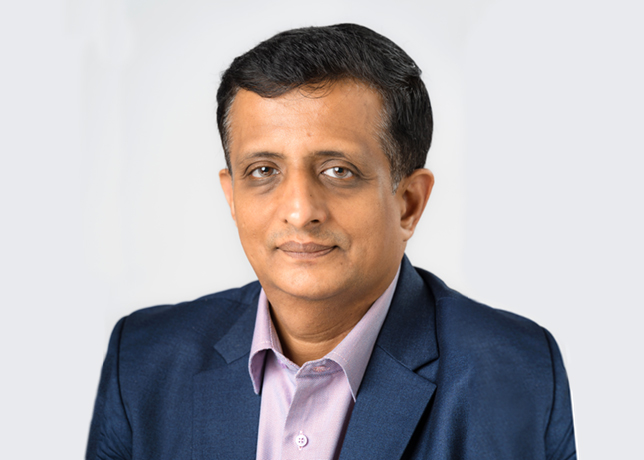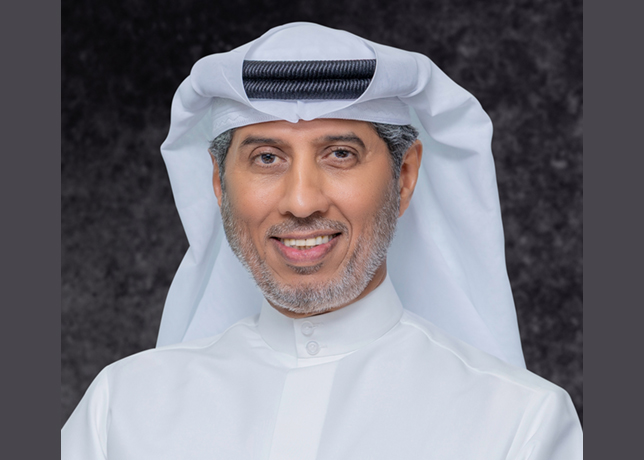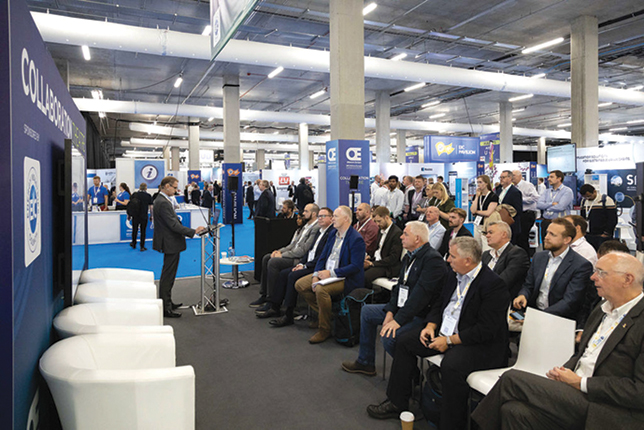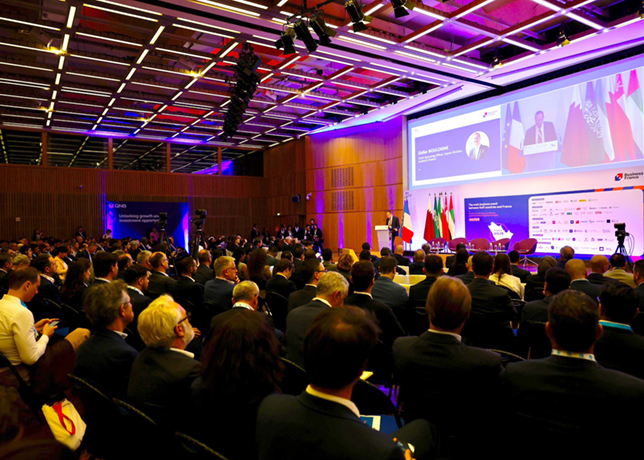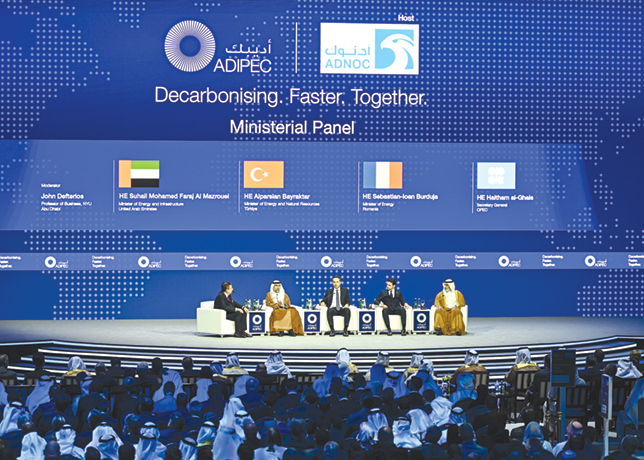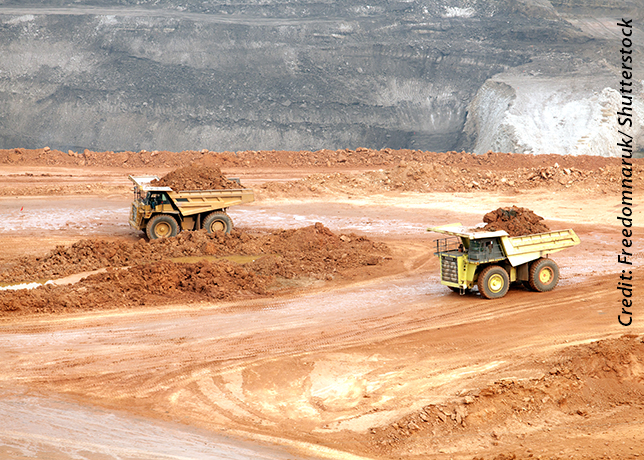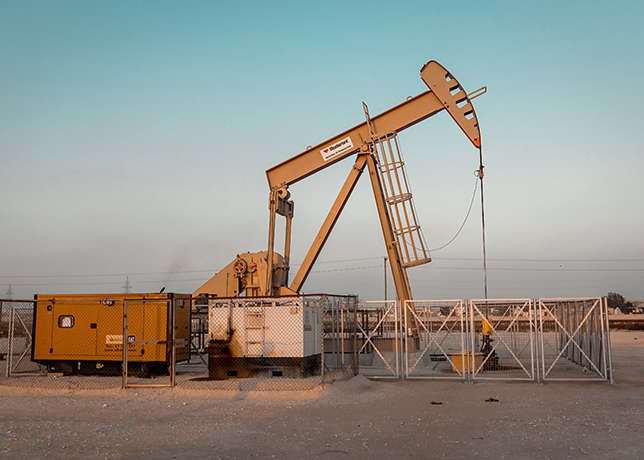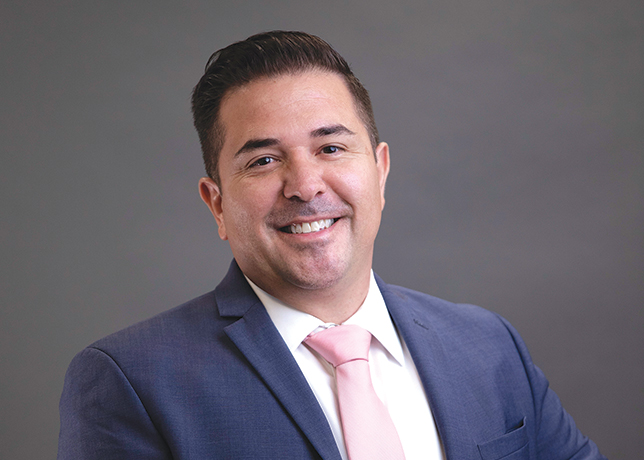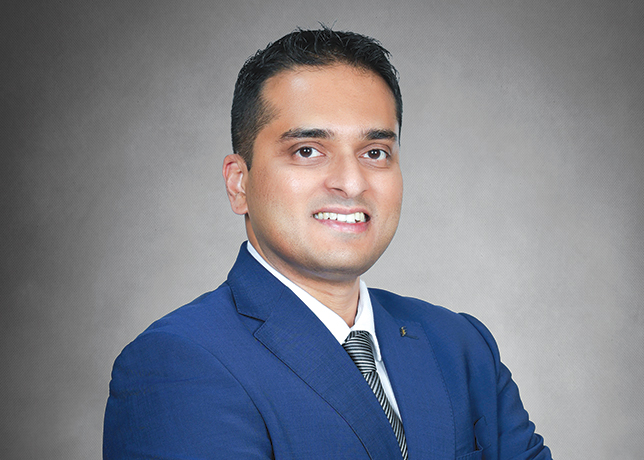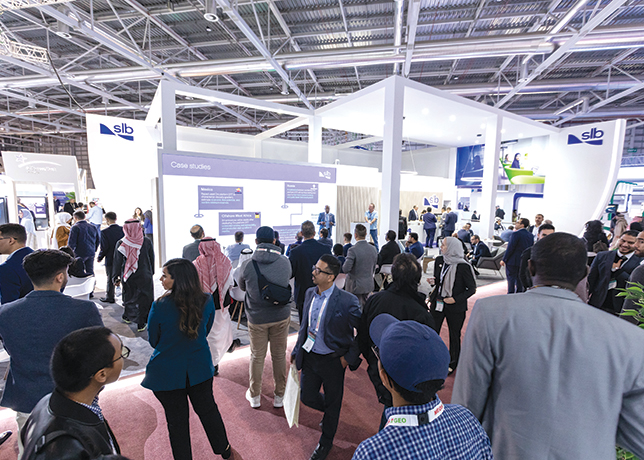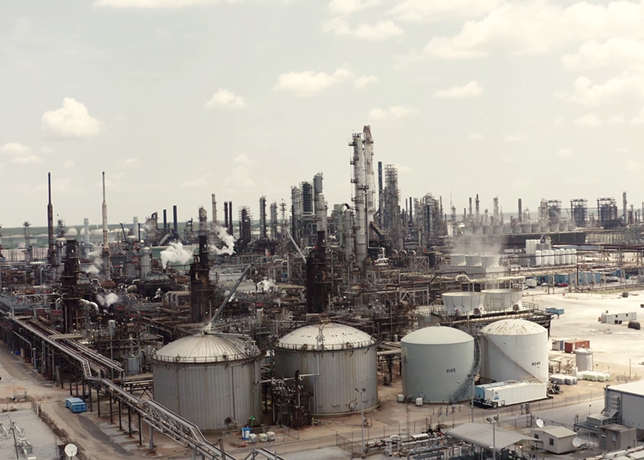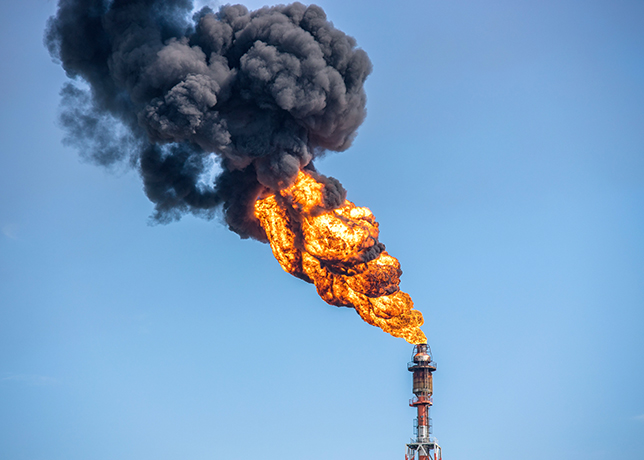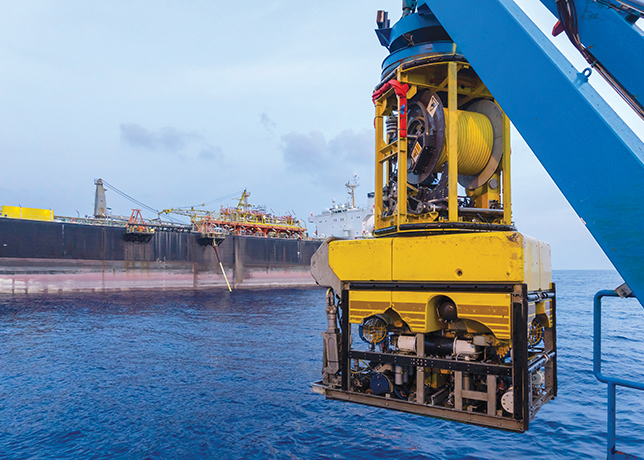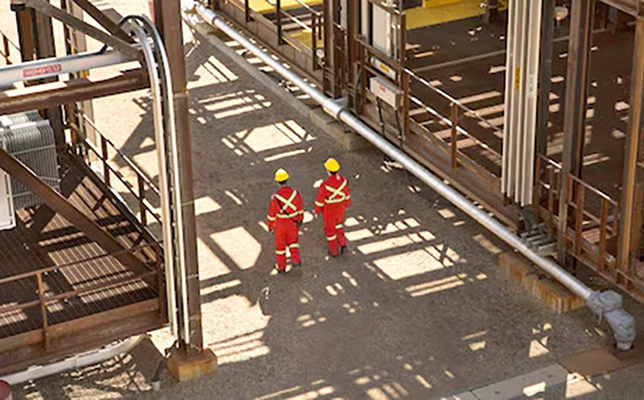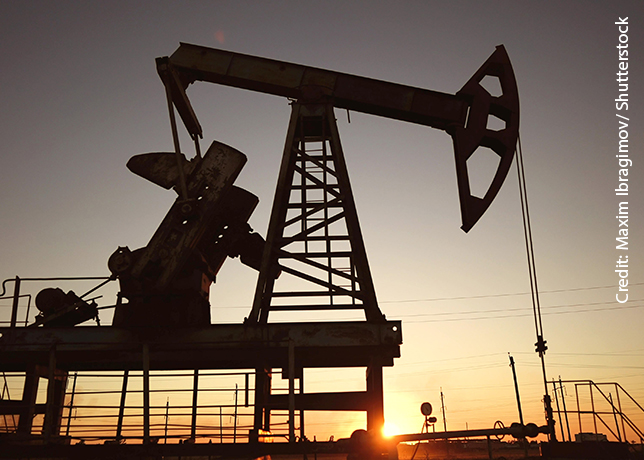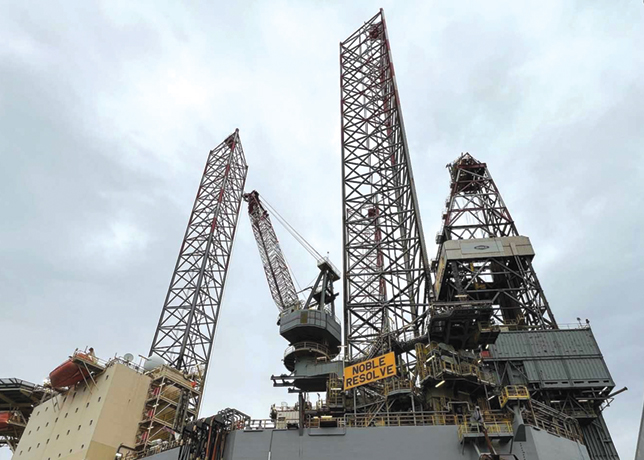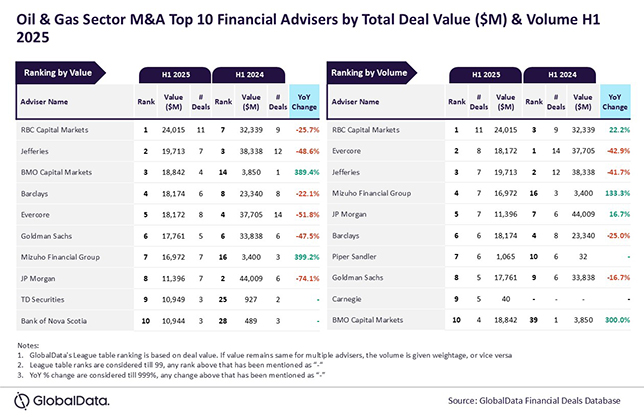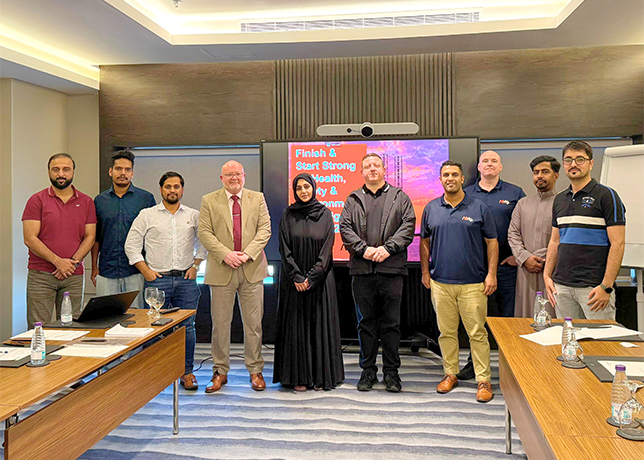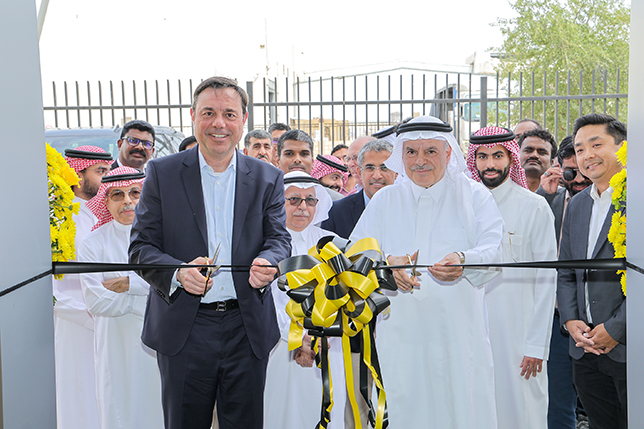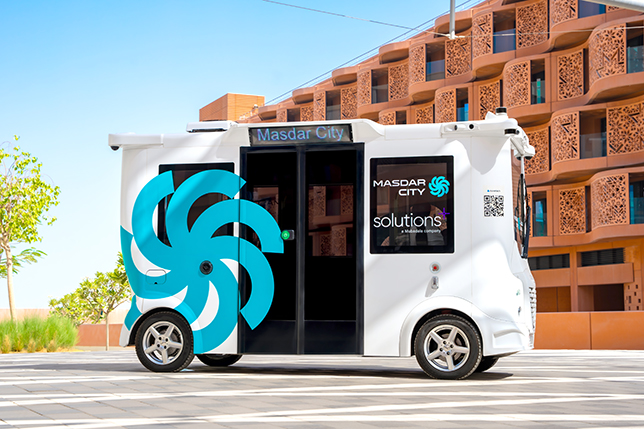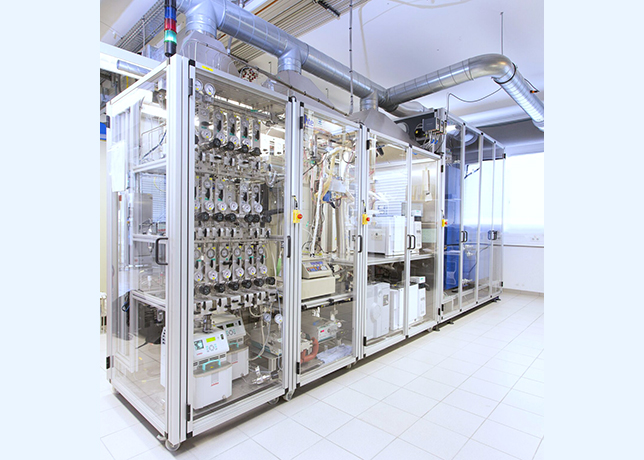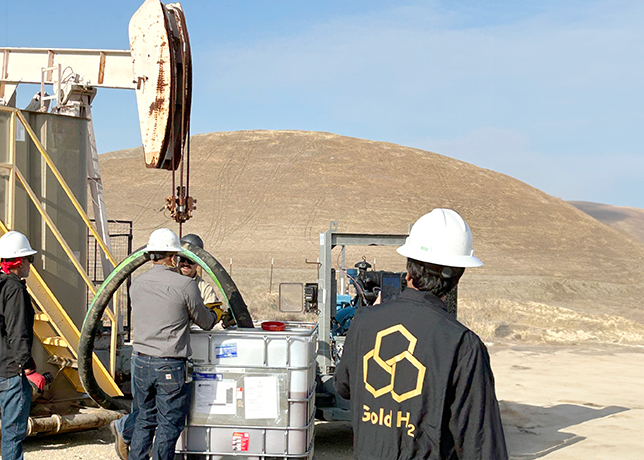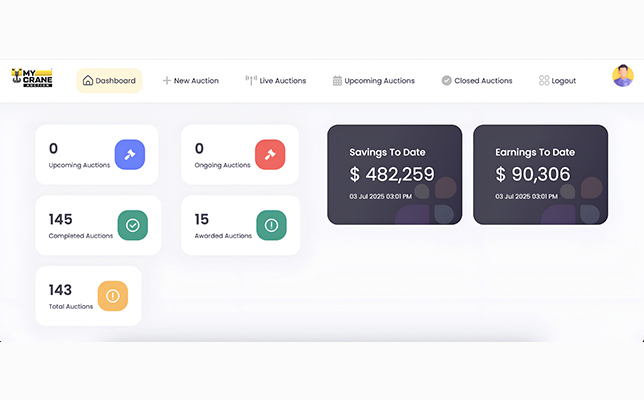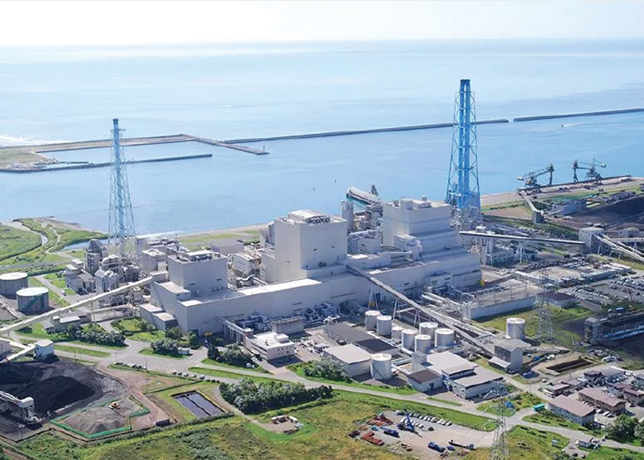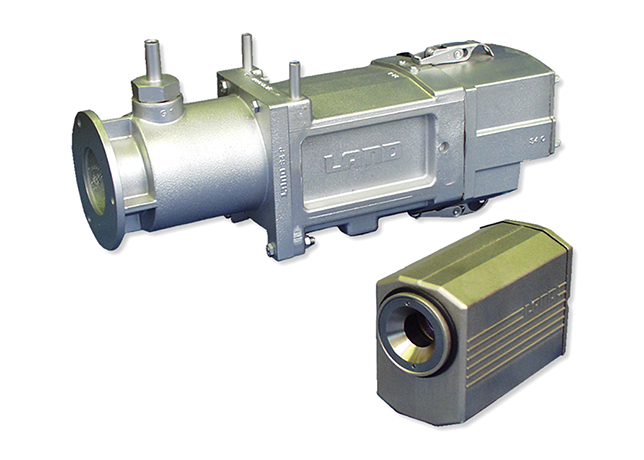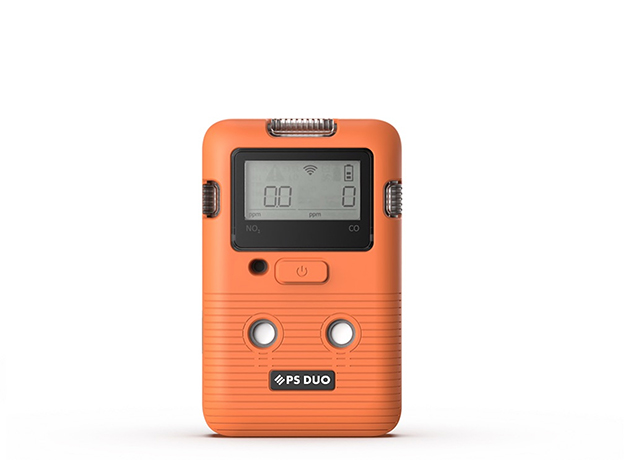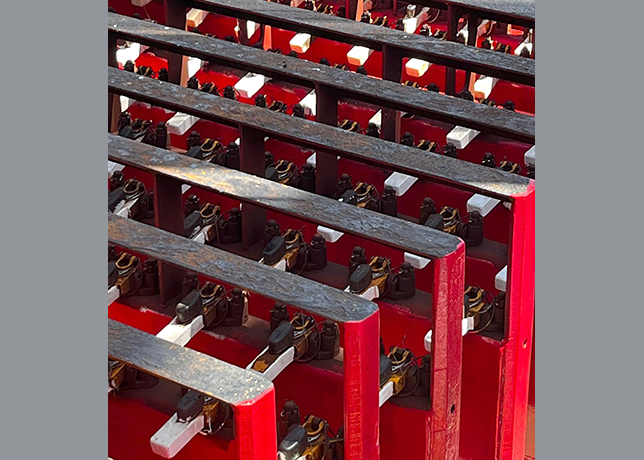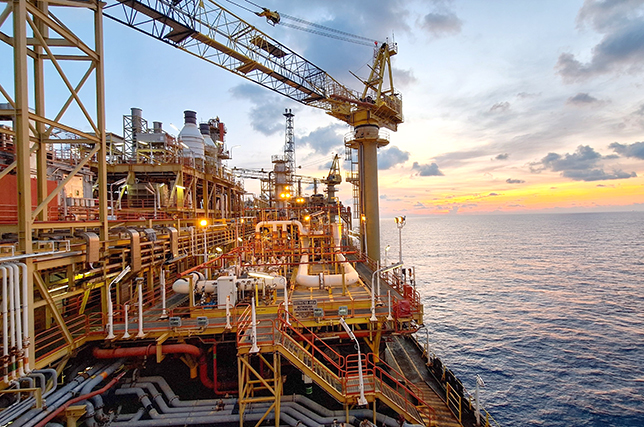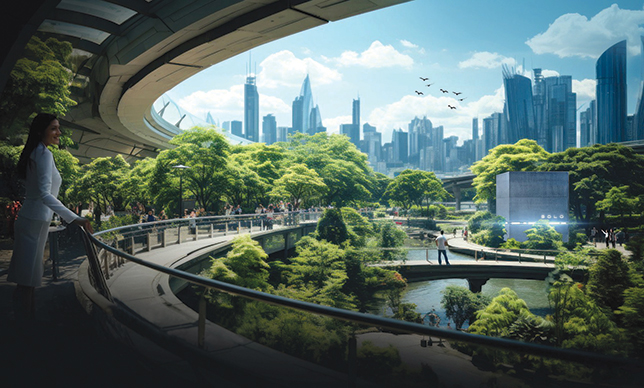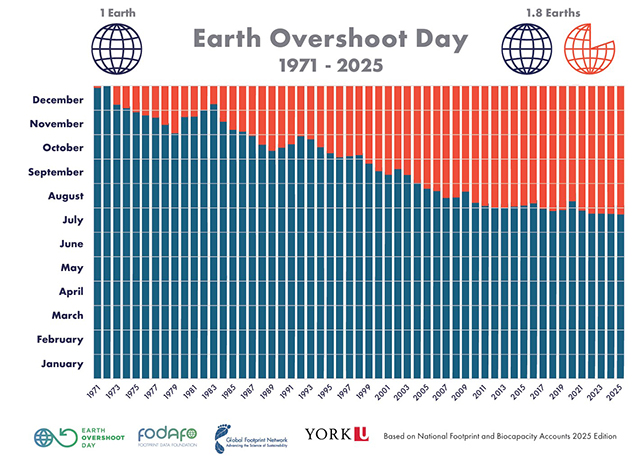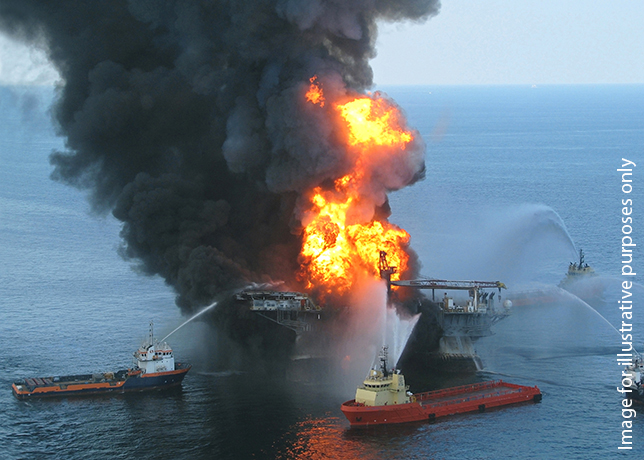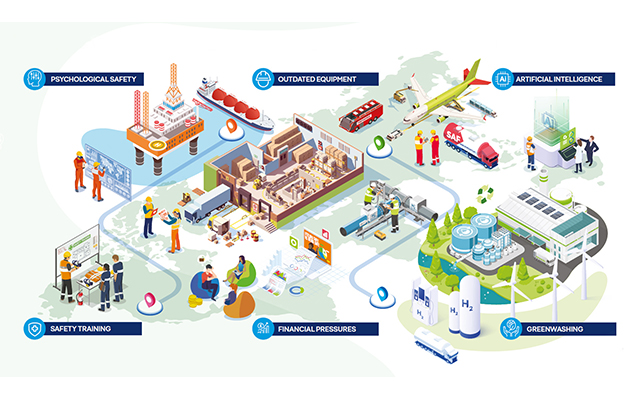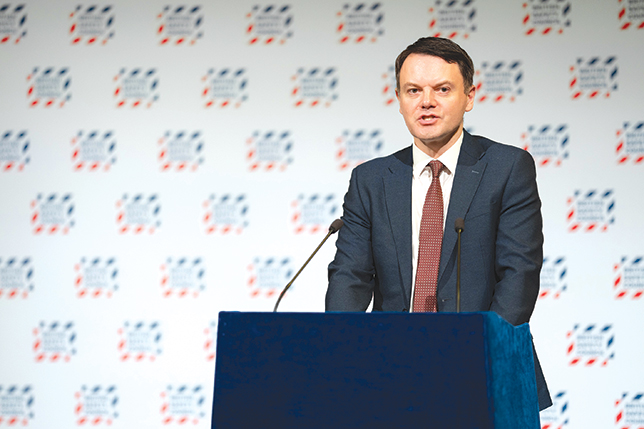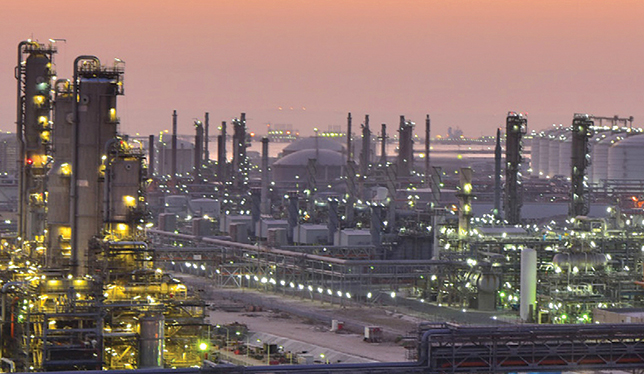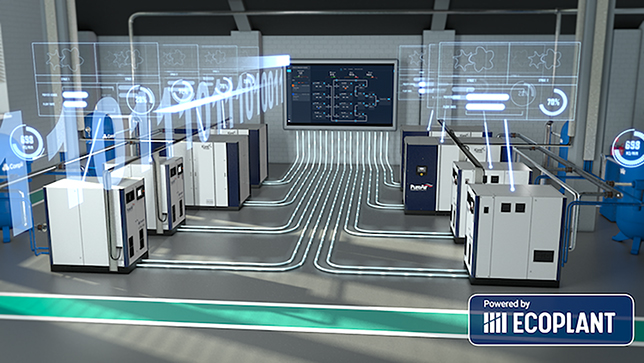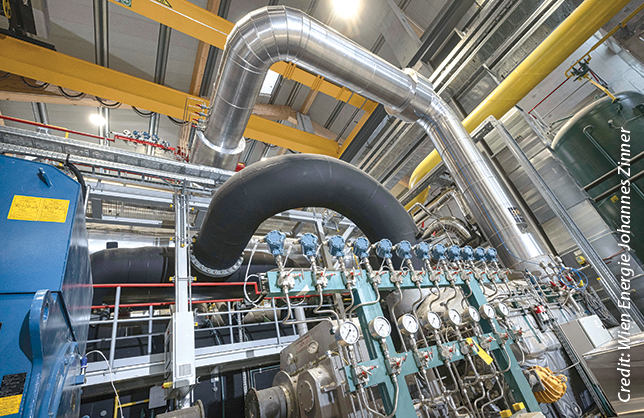

Oil production in the UAE will reach four million barrels per day by 2015, and natural gas production will increase to 6.5 billion cubic feet per day by 2008, according to officials.
The UAE is planning to increase its production of natural gas by 33 per cent by the end of 2008, Energy Minister Mohammed Al Hamli said.
Attributing the planned increase to the fast development taking place in the country, growing population and industrialisation, all of which requires substantial quantities of power, he said the UAE’s proven reserve base of natural gas is estimated at over six trillion cubic metres, thus placing it fourth in the region and fifth in the world.
Oil and natural gas reserves were sufficient “because production is entirely compensated for by additions of new proven reserves. There is certainly no danger of constraints in natural gas reserves in the near to medium terms,” he said.
He said proven natural gas reserves today were estimated at 180 trillion cubic metres, which would suffice world demand for another 65 years at the current production levels.
Hamli said the rate of estimated growth of natural gas demand varies from 1.8 to 3.1 per year until 2020, adding that the growth in world demand of LNG is expected to reach 12 per cent per year by 2015.
He told the gathering at Gastech that oil and gas reserves and production capacity, refinery output and petrochemical products have all increased.
This, he said, has strengthened and solidified the importance of the Adnoc on the international stage.
Hamli said that the UAE’s oil production capacity of 2.7 million bpd in 2006 will reach 3.5 million by the end of 2007.
Sultan Al Muheiri, director of marketing and refining at the Abu Dhabi National Oil Company (Adnoc), said that the company is seeking to produce four million bpd before 2015.
“We have invested more than $7 billion in the past two years to increase our oil production capacity to 2.7 million bpd, and we seek to further increase that capacity to four million before 2015,” Al Muheiri said, adding that between 2003 and 2007, Adnoc’s average annual investment in production infrastructure will amount to $1 billion.
Meanwhile, Abu Dhabi Gas Industries (Gasco), a unit of Adnoc, is investing 22 billion dirhams ($6 billion) to boost gas output in the Gulf emirate, the head of Adnoc said.
Yousef Omair Bin Yousef, chief executive of state-run Adnoc, said projects included the third phase of the Habshan gas complex expansion whose cost he put at 5.5 billion dirhams.
“Upon completion in April 2008, it will be one of the biggest gas plants in the world,” Yousef said.
Adnoc is planning to build a refinery in Abu Dhabi with capacity of at least 300,000 barrels per day, Yousef said.
Basic studies are now being carried out on the refinery, which will use light crude produced by Adnoc, he said.
But he said there is no time frame as of yet for the project, which will produce products mainly for the export market.
The CEO also said Adnoc is pushing ahead with plans to develop Abu Dhabi’s sour gas reserves in cooperation with foreign oil firms.
He said more than 15 firms have shown an interest.
Austria’s Borealis said its Borouge joint venture with Adnoc has awarded a $1.3 billion contract to Linde Group to build a new ethylene cracker plant in the UAE.
The facility, to be located in Abu Dhabi, will have a capacity of about 1.5 million tonnes per year.
Work is is scheduled for completion in 41 months time, Borealis said.
China’s Sinochem expects to start production at its gasfield in the UAE in October 2007, a company source said.
Once the gas starts flowing it would allow the state-run company - working hard to boost its small upstream profile - to lift output of crude and gas to a range of between 1.5 million and 2.5 million tonnes of oil equivalent in 2008, he said.
ESR Technology, which recently strengthened its regional presence in the UAE capital Abu Dhabi, has won a major contract from the Abu Dhabi Company for Onshore Oil Operations (Adco).
Under the terms of the agreement ESR will develop an Asset Integrity Management System (AIMS) designed to ensure compliance with the Abu Dhabi National Oil Company’s Health, Safety and Environmental (HSE) policy and guidelines.
Abu Dhabi National Tanker Co (Adnatco) said it plans to invest up to $500 million to double its fleet of crude and products tankers to 22 by 2010.
UAE firm Dana Gas said it has agreed to acquire Canada’s Centurion Energy International for C$1.15 billion ($1.02 billion) to expand into the upstream gas sector.
Under the deal, Dana Gas would acquire “all of Centurion’s outstanding common shares for C$12.00 per share, representing an equity value of approximately C$1.15 billion on a fully-diluted basis”, the company said in a statement.
Recently, a consortium including Dana Gas signed a deal to develop an LNG terminal in Pakistan at a cost of $200 million.
Dana Gas has also officially inaugurated its new office in the Saudi Arabian city of Al Khobar.
Mubadala Development Co, the Abu Dhabi-based investment company, is looking to invest in energy projects in Asia, including in natural gas liquefaction and receiving terminals, according to Mubadala’s chief executive.
“You will see us in Asia,” Khaldoun Mubarak said.
Possible investments could include LNG projects at both ends of the supply chain, Mubarak said without specifying which Asian markets the company is looking into.
Liwa Energy, a unit of Mubadala, is investing in upstream oil exploration and production in Libya and Oman.
Meanwhile, state-controlled Abu Dhabi National Energy Co (Taqa) said it would buy the Dutch gas exploration and production assets of BP for $694 million.
The assets consist of onshore and offshore production facilities, including the Piek Gas Installatie in Alkmaar, the UAE company said.
Taqa said in October it was planning to make energy acquisitions worth up to $3.5 billion in the next two years in countries such as Britain, Russia and India. It is refinancing $6 billion of debt over the next 12 to 18 months to lower its borrowing costs.
Dubai Islamic Bank is in talks with companies including Australia’s Anzon Energy and Abu Dhabi’s Aabar Petroleum about investing in Middle East and African oilfields, an official said.
Millennium Finance Corp, an investment bank controlled by Dubai Islamic, is setting up a $5 billion group of funds that comply with Islamic principles to invest in mainly unlisted companies in energy, telecommunications and other industries.
The energy fund, to which investors such as Dubai Islamic and state-owned Dubai World will contribute as much as $1 billion, has identified four to five potential investments in the first year, said Laurent Lavigne du Cadet, managing director for oil, gas & energy for Millennium Finance.
In another development, the multi-billion dollar Dolphin Energy Limited project scheduled to start gas supplies to the nation’s industry has now entered into the commissioning/pre-commissioning stage, as most of the key components of the mega project are completed, says a report.
“Among the components which are completed include a sub-sea pipeline, two key platforms, main processing and compression plant, support pipeline to Taweelah. The plant is 90 per cent complete,” said Ahmed Ali Al Sayegh, CEO, Dolphin Energy Limited.
The Dubai Mercantile Exchange (DME) plans to list its jet fuel futures contract in the second half of 2007, it said.
The exchange said in a statement that Emirates, the largest Arab airline, had joined a working group set up by DME and Emirates National Oil Co (Enoc) in August to develop the world’s first physically delivered jet fuel futures contract.
The UAE’s Horizon Terminals Ltd and partners Independent Petroleum Group of Kuwait and Morocco’s Afriquia have signed a 25-year agreement to build, own, operate and transfer an international oil storage terminal at the new Port of Tangiers, the Dubai-based company said.
“The construction of the new storage terminal willl ensure that the consortium plays a significant role in expanding petroleum-trading activities at this strategic location, which will serve more than 300 million consumers, through industrial and commercial free zones,” it said.
Abu Dhabi-based energy infrastructure major National Petroleum Construction Co has been awarded a $390 million engineering, procurement and construction contract by India’s Oil and Natural Gas Corp (ONGC) to set up offshore well-head platforms and pipelines in western India.
USRobotics (USR), a platinum equity company, has won its first Wi-Fi project in the oil and gas sector, it announced.
The company secured a contract to implement its Professional Access Points at the gas processing plant being built by Bechtel for Gasco in the onshore field Asab, in Abu Dhabi. Meanwhile, Emarat plans to expand its fuel storage capacity in the UAE to meet rising domestic energy demand, a company official said.
Emarat, responsible for the marketing and distribution of petroleum products in the country, will build the new storage facility in the emirate of Fujairah, one of the biggest fuel storage hubs in the world, Emarat general manager Rashid Al-Shamsi said.
“We pursue plans for Fujairah,” Al-Shamsi said. The facility is set to “cater to bunker and black products.”
The plans follow Emarat’s official opening of storage and blending facilities for aviation fuel and gasoline products in Dubai’s Jebel Ali free Zone by Emarat.
The new aviation fuel storage unit, a joint venture between Emarat, Air BP and Shell Trading Ltd, will cater to the rapidly growing aviation industry in Dubai and will supply both the existing Dubai International Airport, or DIA, and a planned new airport at Jebel Ali, now under construction, the companies announced.
Called Emdad Aviation Fuel Storage FZCO, the venture covers a tank farm with capacity of 155,000 cubic meters. The facility is linked to DIA via pipeline. Emarat, Air BP and Shell Trading hold equal stakes in the $43-million company, the companies said.


